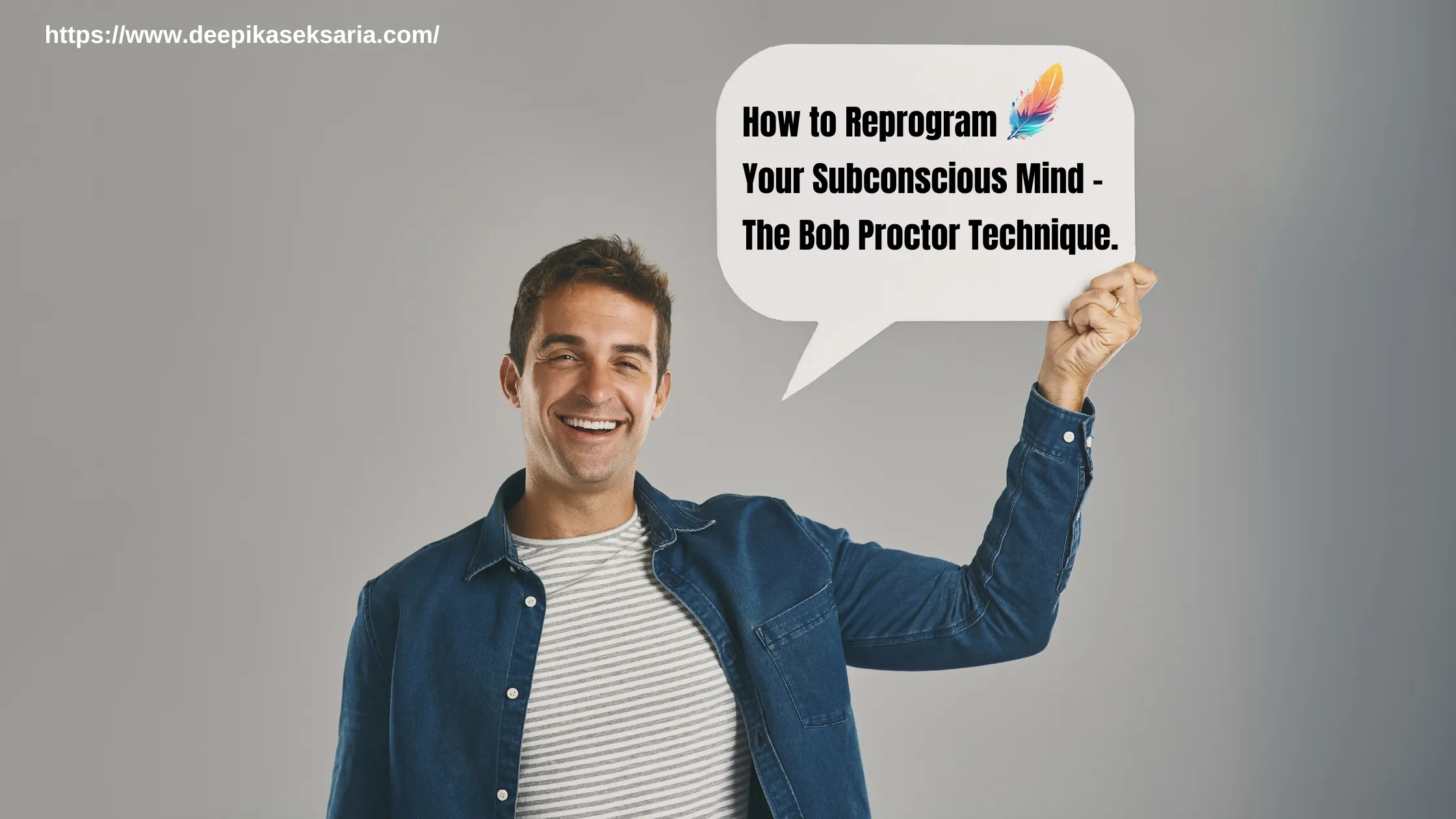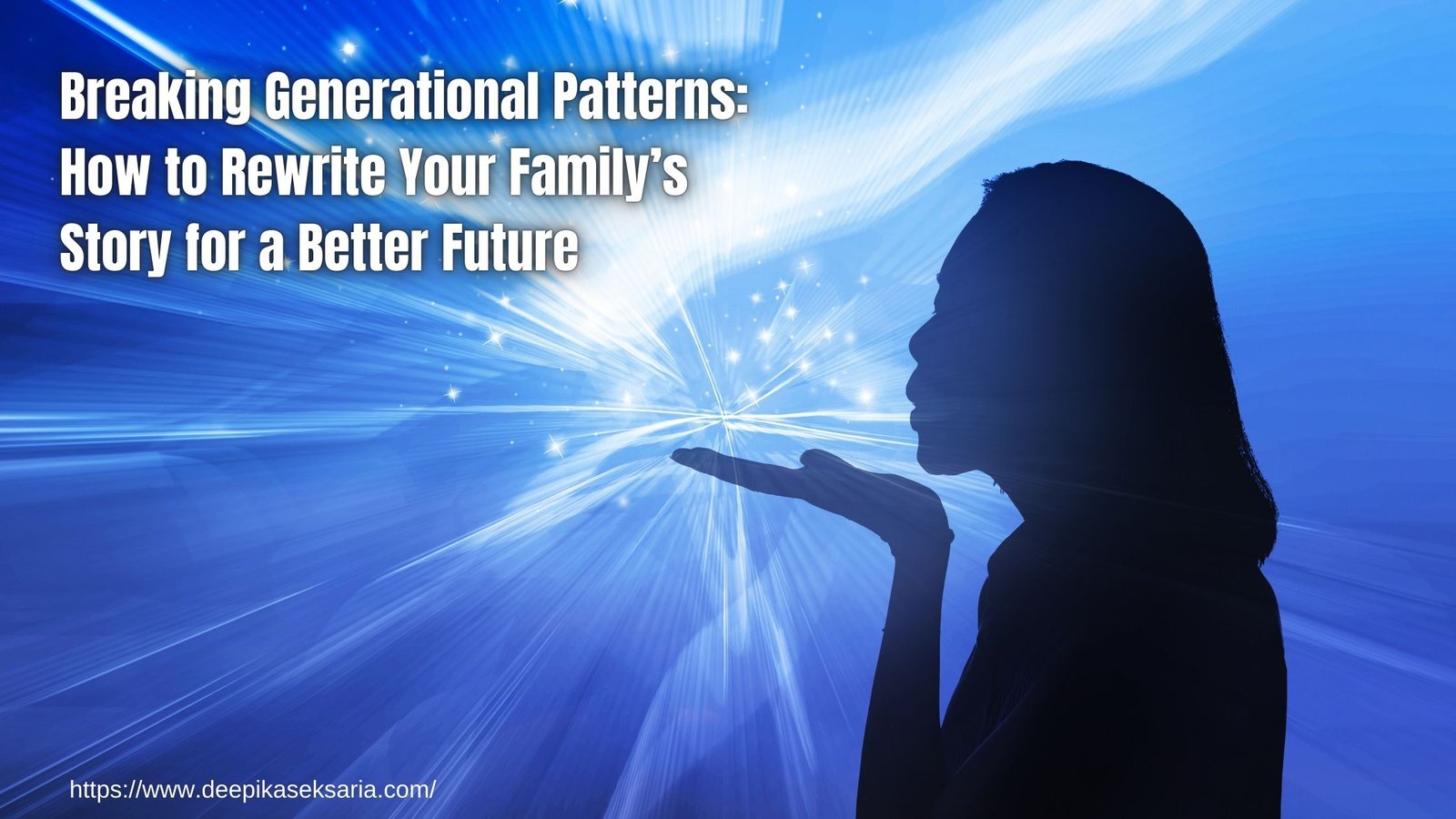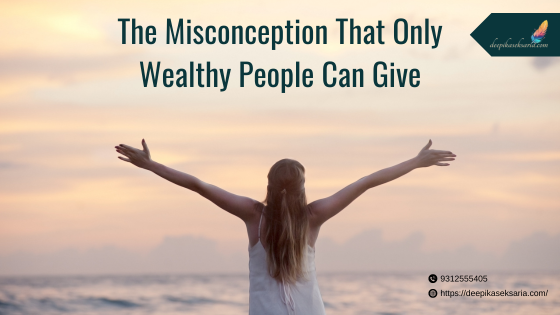Intersectional Mental Health: Uplifting Marginalized Voices Through Inclusive Advocacy
Mental health disparities among those most vulnerable in society is one of the unsaid epidemics whose effect nobody seems to care about. A study conducted by the National Alliance on Mental Illness (NAMI) shows that ethnic minorities are less likely to seek a diagnosis or treatment of mental disorders than their white counterparts irrespective of insurance status and income level.
This statistic makes the situation all the more concerning and underscores the necessity of raising the voices of marginalized populations to address mental health concerns.
The promotion of mental health for the underrepresented population is best done by adopting an intersectional approach that embraces the diverse oppression experiences of socially isolated groups. Intersectionality is the study of how people of color, women, gay people, disabled people, and the poor all have to live under multiple forms of oppression.
All of these factors contribute to marginalized individuals having distinct mental health experiences as well as stigma and lack of access to thorough care.
1. Intersectionality and Mental Health: Understanding the Impact
What is Intersectionality?
Intersectionality is a theoretical concept conceptualized by Kimberlé Crenshaw, a legal scholar and a critical race theorist in 1989. Intersectionality theory assumes that Racism, sexism, classism, ableism, homophobia, and other forms of discrimination do not occur separately but rather reinforce each other. This intersectional lens differs from the conventional approaches in which such problems are addressed separately.
Intersecting Identities and Mental Well-being
The aging experience and specifically the mental health of an individual is highly dependent on their intersections. For instance, a queer person of color is likely to experience double intersections of prejudice and exclusion based on race and sexuality, which may increase stress, anxiety, and possible mental health issues.
Likewise, a woman with a disability in a low-income household may experience different challenges in seeking mental health care as she has multiple vulnerabilities.
Minority Stress: A Compounding Factor
Building upon Ilan Meyer and Virginia Brooks’s minority stress model, it also shows how multiple forms of oppression take a toll on mental health. It addresses the general phenomenon of chronic stress in members of ‘marginalized’ groups, including people of color, homosexuals and bisexuals, and people with disabilities.
This stress originates from discrimination, microaggression, internalized stigma, and the daily challenge of a hostile environment. When people belong to more than one minority group, minority stress can compound, become much harder to manage, and amplify mental health issues.
Barriers to Mental Health Services for Marginalized Communities
However, due to the current world situation and especially the current pandemic, the need for people to seek mental health services has increased greatly, but various barriers marginalized groups of people encounter in getting proper help. Such barriers may be incurred facility-based, communitarian, or system-based, or instituted owing to existing prejudice and prejudice of the mental healthcare facility.
Structural Barriers: Affordability, Accessibility, and Cultural Competence
Accessibility of mental health services remains a roadblock for many marginalized groups, particularly due to cost. Specifically, therapy, counseling, or psychiatric care may be very expensive, and people from lower income earners or with limited health insurance cannot afford to pay for such services.
Furthermore, mental health services may not be adequately staffed or located in various urban and rural regions, which could also present geographical constraints.
Another major concern with mental health care is the capacity of healthcare professionals to offer culturally sensitive care. Some patients may have providers who cannot relate with their cultural and relational worlds, and may consequently receive wrong diagnoses, misunderstandings, and lack of trust in the healthcare system.
Stigma and Discrimination in Mental Healthcare
Studies reveal that people of color experience negative perceptions of mental health, including prejudice and discrimination, because of their culture of origin, prejudices within society, and their past experiences. The seeking of help may be hampered by prejudice, exclusion, or fear of stigmatization from fellow members of the community.
Moreover, prejudice and racism within mental health settings and treatment as well as accessing services are likely to compound these difficulties.
Lack of Representation and Culturally Responsive Care
People of color and other minorities are not well represented in the mental health professions and therefore there is a dearth of professionals who are commensurate with the multicultural social reality. This lack of representation and limited engagement could mean that the patient feels out of place, and cannot trust the therapist or build a connection during the therapy process.
In addition, the vast majority of modern psychiatric therapies and approaches have been designed according to the European-American paradigm and cultural beliefs, which neglects the invaluable experiences and holistic treatment strategies of underrepresented ethnic groups.
Amplifying Unheard Voices: Intersectional Mental Health Advocacy in Action
However, there exists many struggles, grassroots organizations, initiatives, and advocates are striving to raise awareness of the mental health struggles of marginalized groups under intersectionality. Their work is manifold; they work to educate the communities and different spheres of these matters of representation and policies.
Grassroots Organizations and Initiatives
In fact, in different parts of the world, locals through their organizations and initiatives are coming up in a very significant way in the fight against mental health inequalities. They offer support services, peer support, and education for people from various cultures and are sensitive to the goals of their people.
In this way, such programs help foster the marginalized people’s sense of inclusion, recognition, and strength by granting primacy to their stories and narratives.
For example, the Loveland Foundation which was founded by Rachel Cargle supports Black women and girls who need financial help to attend therapy. Similarly, the Native Youth Sexual Health Network (NYSHN) in Canada has established itself to advance sexual health and increase the understanding of Indigenous youth with mental health issues with culturally safe practices.
Increasing Representation in Mental Health Professions
There is a push to promote more individuals from these stigmatized groups and help ensure that those who work in the mental health field are drawn from diverse populations. Some of these organizations include the Steve Fund and the Minority Fellowship Program (MFP) of the American Psychological Association (APA) they seek to provide scholarships, and mentorship as well as support the students of underrepresented minority backgrounds who are pursuing careers in mental health fields.
By fostering a more diverse and culturally competent mental health workforce, these initiatives aim to bridge the gap between marginalized communities and the mental healthcare system, promoting trust, understanding, and more effective therapeutic relationships.
Advocacy for Policy Changes and Equitable Resource Allocation
Intersectional mental health advocacy also exists in the policy sphere, where organizations and activists demand changes in legislation to direct the quality of resources. The Mental Health Equity Act that was presented in the United States Congress calls for funding focus towards acknowledgment and serving the underprivileged, coupled with enhanced data collection and culturally sensitive treatment.
It also includes the work done on changing existing laws and regulations that are prejudicial to the targeted populations, for instance, forced admission laws that affect specific population groups or insurance policies that do not pay for certain mental health disorders or treatments.
Strategies for Effective Intersectional Mental Health Advocacy
But increasingly now we see a push to better represent the needs of marginalized communities and to be more culturally sensitive when addressing mental health An intersectional approach should be applied and create sustainable change.
Centering Lived Experiences and Perspectives
Sustainable intersectional mental health advocacy requires using these marginalized groups’ experiences and knowledge of the world. Advocates can therefore endeavor to listen carefully to the different stories and experiences of diverse groups of people, embrace the idea of recognizing the different and perhaps distinct issues that face each group, and therefore support the voices of those groups.
This entails developing contexts in which oppressed groups can recount their stories without prejudice, perceptions that social media fosters. It also encompasses questioning the patriarchal hegemony power and colonial masking of certain communities and their narratives.
Building Coalitions and Fostering Solidarity
Fnally, it is important to establish that intersectional mental health advocacy benefits from forming alliances and mobilizing in solidarity with other oppressed groups. At the same time, it is possible to identify universal or similar processes of domination, stigmatization, or invisibility that can be used to mobilize the communities.
Thus, with awareness of these overlaps, the advocacy groups can share support and collaborate with other oppressed groups toward unified chanting of change.
Cultural Humility and Trauma-Informed Approaches
In advocating for intersectional mental health, priority must be placed on cultural sensitivity and trauma-informed care. Cultural competence, on the other hand, refers to the acknowledgment of one’s own culture as a work in progress and the pursuit of learning cultural differences and understanding minority cultures. It entails a readiness to confront self-privilege, presuppositions, and relations of oppression that cause subjugation.
Moreover, it is essential to apply the principles of trauma-sensitive practice in working with clients of color, and those affected by human rights violations, including Indigenous people, people of color, and immigrants. These approaches emphasize safety, self-determination, and establishing rapport because trauma is often an underlying factor in mental illness.
Cultural humility and trauma-informed care are critical frameworks that should guide mental health advocates to address complex issues in different cultures and ensure culturally responsive services that meet the needs of historically marginalized people.
The Role of Allies and Privileged Communities
Intersectional mental health advocacy is not only a process that focuses on raising awareness and aiding oppressed groups, but it also involves solidarity and activism by individuals with privilege.
Understanding Privilege and Mental Health Experiences
The effects of systemic privilege due to race, gender, economic class, or any other reason, means that privilege often plays a critical role in determining the overall mental well-being and available resources of mental health. Non-LGBTQ people governments and other privileged groups do need to look and see where they have been privileged enough not to deal with certain barriers and or challenges faced by LGBTQ people.
It also might encourage people to think about what is essential and how one can put their privileges to use for leading others towards progressive change rather than imposing the oppressive culture of marginalization.
Being an Effective Ally and Amplifying Marginalized Voices
In the application of intersectional mental health advocacy, ‘listening’ entails valuing the narratives of marginalized people and providing platforms through which they are heard. This calls for the promotion of spaces and channels enabling voices from communities that have been traditionally ignored to be listened to, valued, and placed at the forefront when it comes to matters concerning mental health.
Privilege can be utilized to address the systemic prejudices in a workplace, campaign for change, and employ funds and connections for endorsement of initiatives spearheaded by other minorities and groups. But it is equally important not to dominate or colonize those communities and their stories, their leadership themselves.
Challenging Systemic Biases in Mental Healthcare
It is also important that people who belong to privileged groups and claim allies also need to be vocal about dismantling prejudices and discrimination from the mental healthcare systems. This may include speaking for more pluralism education for mental health caregivers, encouraging more persons from different diverse backgrounds to consider mental health careers, and ensuring that organizations are held responsible for continuing to uphold practices and policies that may be detrimental to our societies.
Further, allies can use their privilege to break discriminatory barriers surrounding mental health in their communities with the hopes that this will positively impact those minority groups.
Conclusion:
Emphasizing mental health and mental health resources for marginalized groups is an ongoing and shared process that cannot be solved in isolation. By recognizing how one form of oppression can magnify the others, engaging the experiences of marginalized people, and building intersectional solidarity, it is possible to strive for fair and safe mental health support.
Members of many grassroots organizations, advocacy campaigns, and other people of color are the driving force of this movement which fights against the oppression of the system, working on the recognition of cultural sensitivity, and empowering marginalized voices.
However, there is still a long way to go in effectively responding to the fundamental causes of such discrimination and inequality that persist in shaping the mental health status of adversely affected populations.
It is high time for everyone including individuals, organizations, policymakers, and mental health professionals to make intersectional mental health a priority. Cultivating intersectional attitudes in this way can help create a community that focuses on the subject’s mental health and provides necessary and deserved care for all people regardless of their status or identity.
A quick overview of the topics covered in this article.


























This piece of writing is actually a good one it helps new net visitors, who are wishing
in favor of blogging.